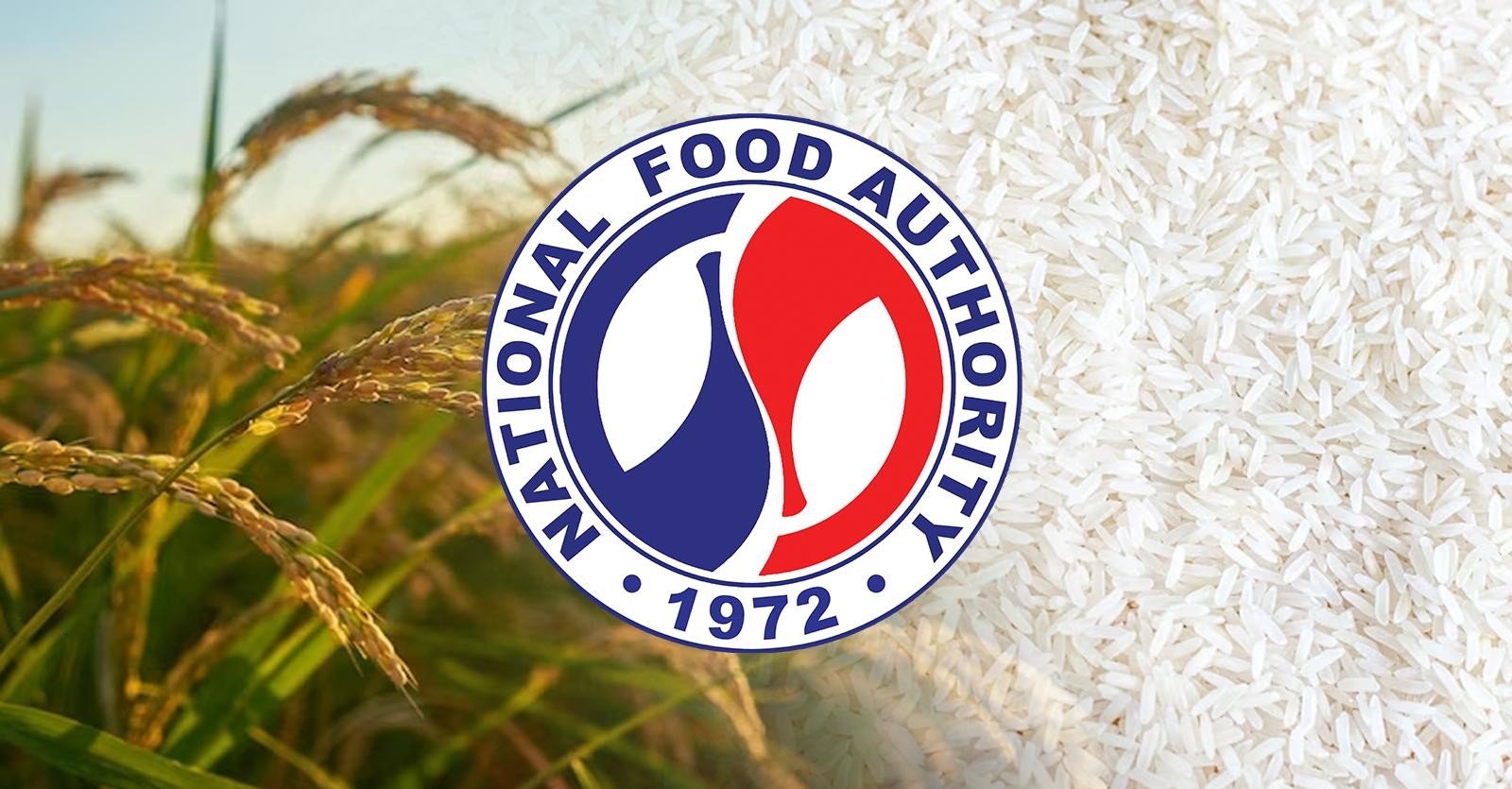
The National Food Authority (NFA) normally buys most of our buffer stock during the wet season crop (September-November) when there is downward pressure on palay prices, and NFA offers safety net to our farmers as mandated under our charter Presidential Decree No. 4 and by Republic Act No. 7607 or the Magna Carta for Small Farmers. But prices of palay in the recent croppings were way above the maximum price NFA is allowed. That hinders NFA’s ability to raise its buffer stock. Prevailing palay prices on clean and dry basis were P25-30/kg vs NFA P23/kg.
NFA is planning to implement “contract growing” scheme to require farmers who received DA (Department of Agriculture) assistance (seeds and fertilizer) to sell 10% of their produce, up to 10bags/ha/year, to NFA at the guaranteed price of P23.00/kg on clean and dry basis. The farmers NFA consulted are highly agreeable to the scheme. This scheme can generate the minimum 500,000 metric tons (MT) of palay NFA is targeting. NFA is coordinating this program with DA National Rice Program and the National Irrigation Administration (NIA).
In the meantime, NFA is also pushing the expansion of mechanical drying capacity of NFA as our farmers prefer to sell their produce on wet basis (fresh harvest or “sariwa” ex-farm) especially during the wet season.
DA Secretary Francisco Tiu-Laurel Jr. secured funding for NFA with the approval of our President to aggressively pursue the P93-billion modernization of NFA with mechanical dryers, silo storage, modern rice mills, and warehouses with controlled climate system (CCS) to handle 1.2 million MT of palay (equivalent of maintaining 15-day strategic rice reserve).
At least P6.6 billion of capital outlay is already available for 2024 with additional P5 billion if NFA can obligate the budget fast enough this year. This is the confidence that the leadership of President Ferdinand R. Marcos, Jr. is putting on DA/NFA within his administration.
This will improve the quality and shelf-life of rice (and corn) of NFA from existing nine months only to at least 18 months. This is also the plan of NFA to avoid unnecessary distress selling of aging stocks.
NFA is mandated to keep and dispose 99.9% stocks in good and consumable condition. The rice we are selling are all sold at the mandated selling price P25/kg, although aging stocks need to be remilled before they could be released to the consumers. Freshly milled stocks (within three months after selling) are reserved for calamity relief (Department of Social Welfare and Development, local government units, other relief agencies, as well as other welfare programs), and leftovers (more than three months after milling) shall be “disposed for inventory management purpose” as per NFA guidelines (before the stocks become unfit for human consumption).
Distress selling is the period after three months that would normally require NFA to remill, which entails additional processing, logistics, and recovery of loss costs to make the stocks acceptable to consumers. To avoid these costs, NFA can opt to sell at the highest mandated price to qualified commercial buyers on as-is where-is, no-selection, and first-in first-out bases (and first-come-first-serve basis, meaning the first buyer gets to buy the oldest stocks). In the future, when NFA has modernized, the distress selling could be avoided as the shelf life is longer and there is more time to allow the disposition of the stocks in best condition to the preferred purpose—calamity relief.
NFA Council allows the NFA management to dispose aging stocks up to 10% lower than the mandated price (P22.50/kg floor price up to the maximum mandated ceiling P25.00/kg) and the damaged stocks (which we avoid altogether) at least P6.50/kg. Meantime, NFA management has recommended to the NFA Council to increase the mandated maximum selling price of NFA rice.
The current NFA management was able to responsibly dispose its rice stocks to government accounts by stretching to maximum shelf-life, minimizing the sale of residual volume to other accounts by implementing stricter guidelines and safeguards.
